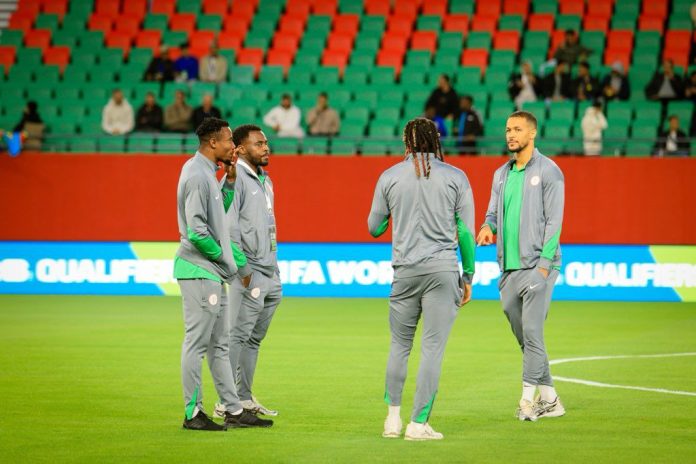Few national associations carry as much baggage as the NFF. Days before the crucial semi-final against Gabon, the squad refused to train in Rabat over unpaid bonuses stretching back to 2019, monies owed from AFCON qualifiers and World Cup preliminaries.
Captain William Troost-Ekong even took the extraordinary step of issuing a public ultimatum on social media. The dispute was only settled hours before kick-off, draining energy and focus at the worst possible moment.
This is not new. Nigerian teams have boycotted training or threatened strikes over unpaid allowances in 1996 (Olympic gold medallists), 2013 (AFCON winners), 2014 (World Cup), and now 2025.
The pattern is exhausting. Coaching instability has been equally damaging: the Super Eagles have seen eight changes to the coaching department within four years (2021–2025).
Chronic underinvestment in youth structures has left the once-fertile Nigerian talent pipeline worryingly thin. The men’s national teams have been underperforming across all levels, from the Golden Eaglets to the senior side.



